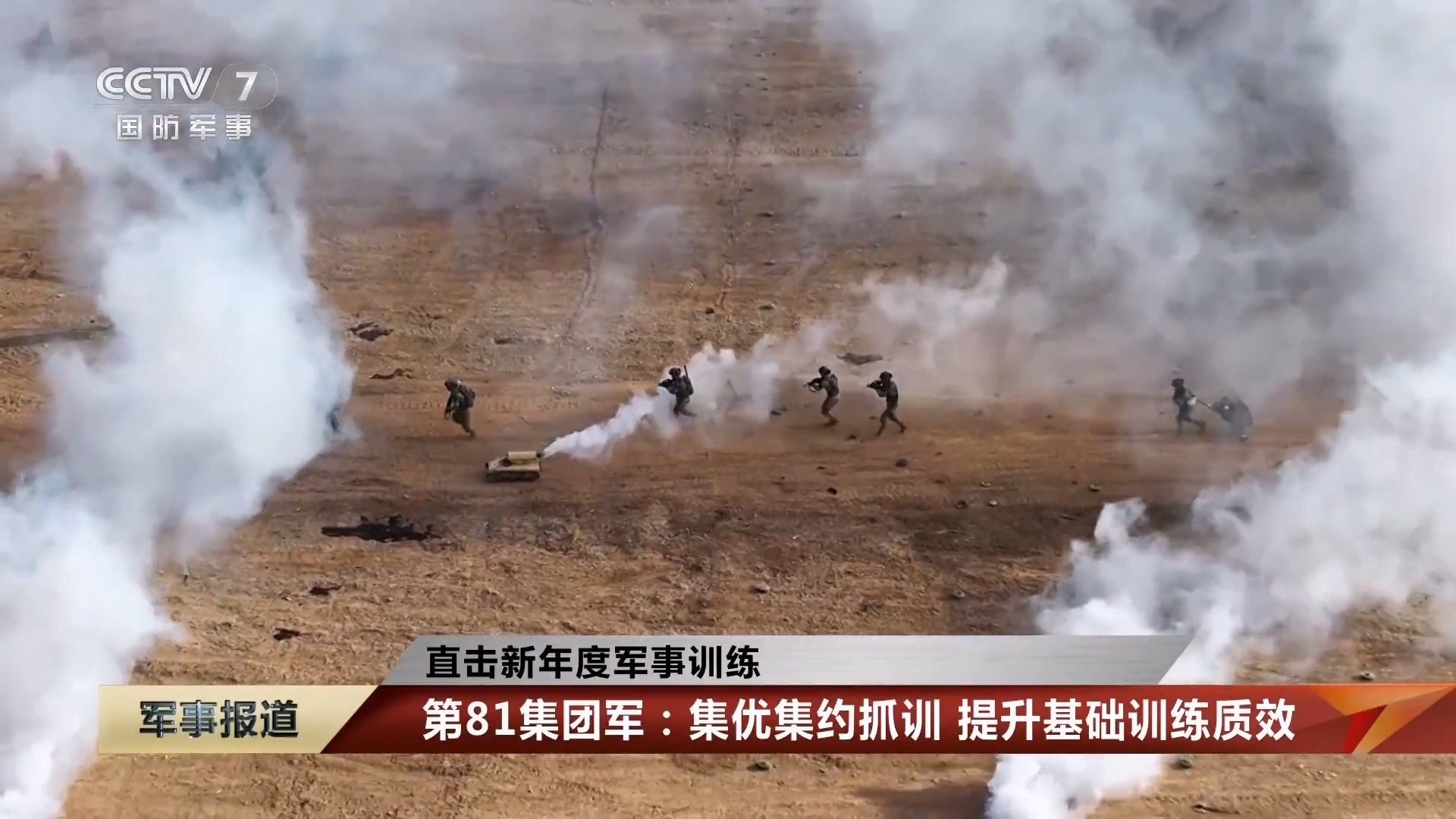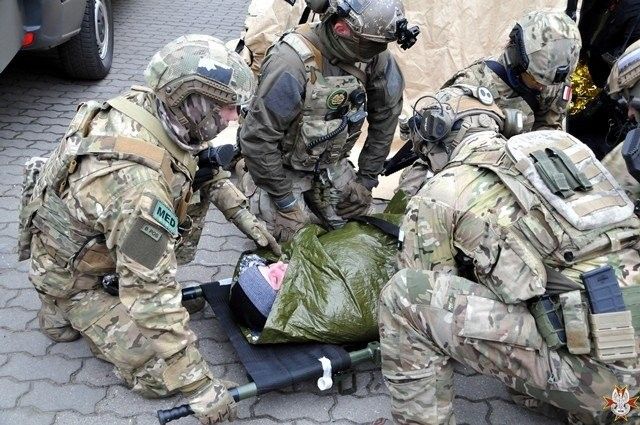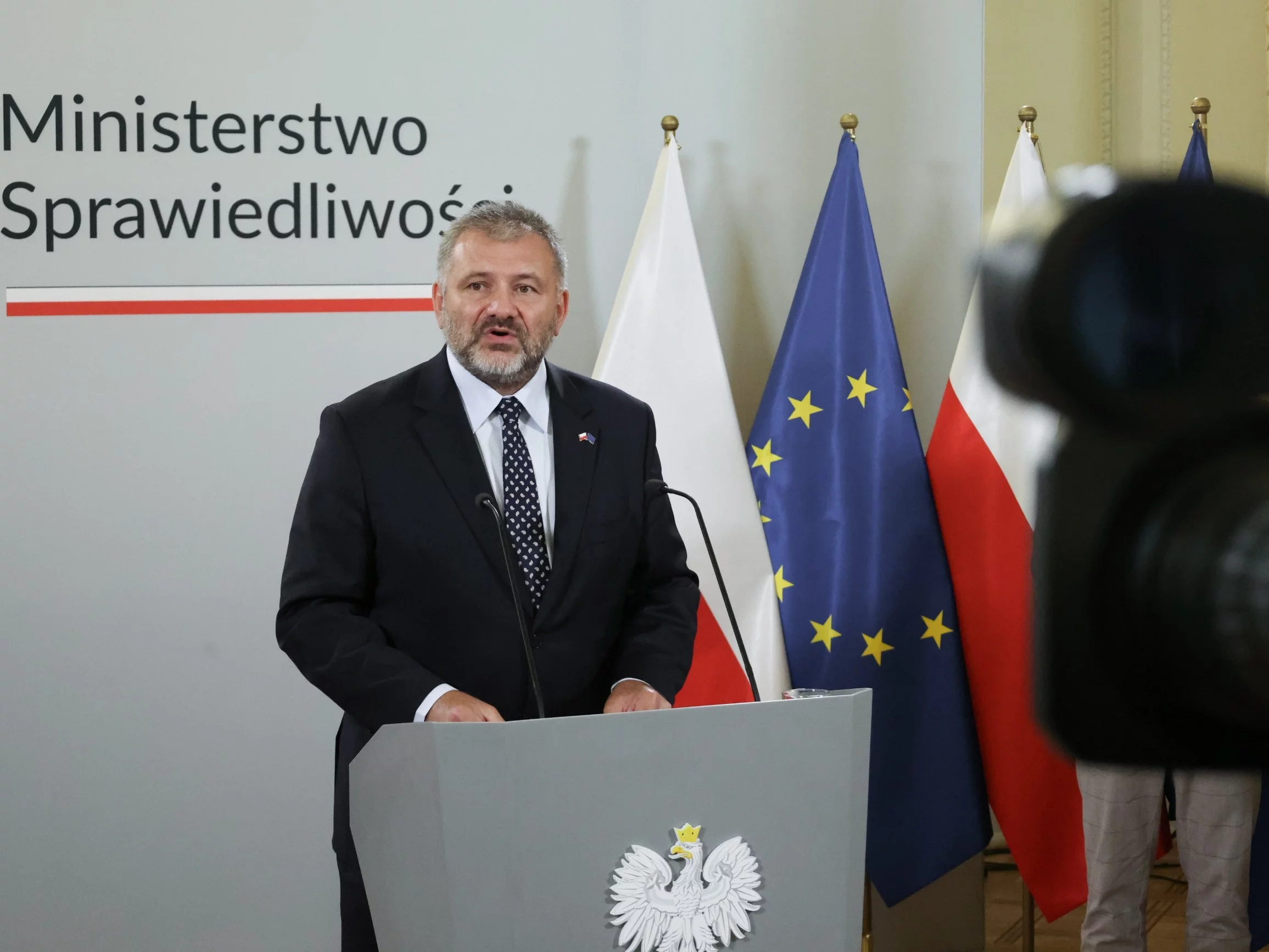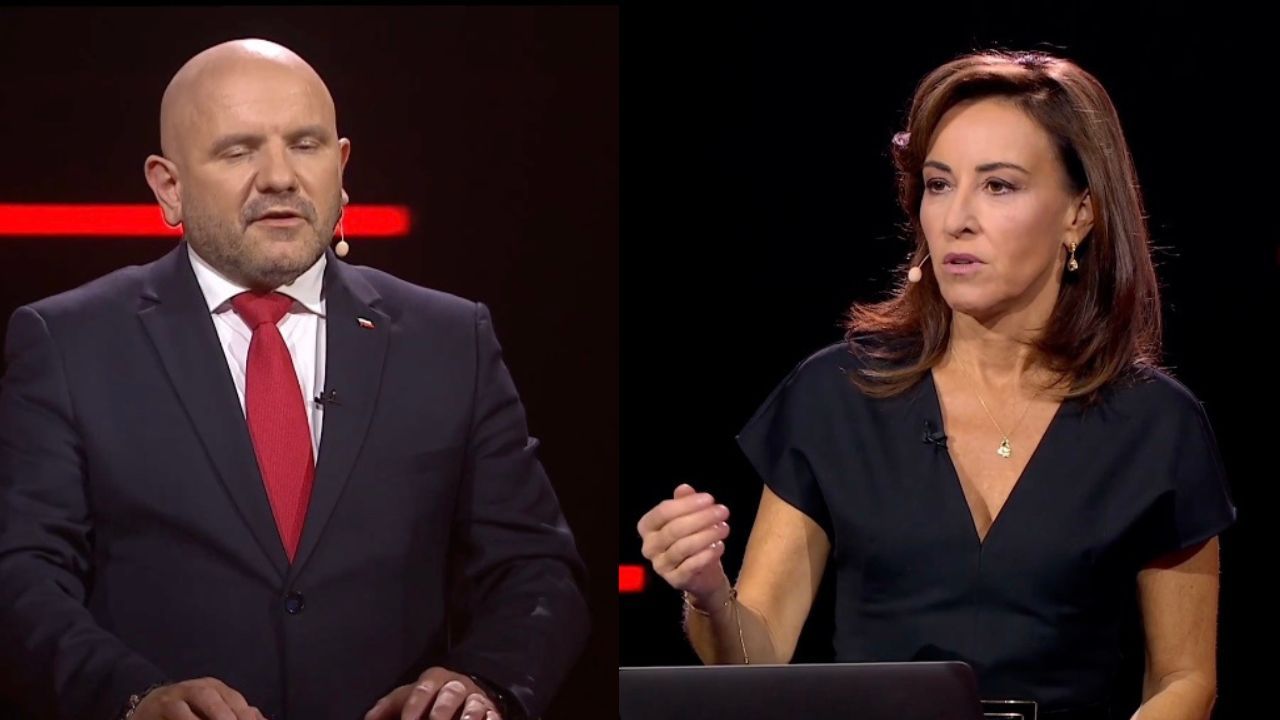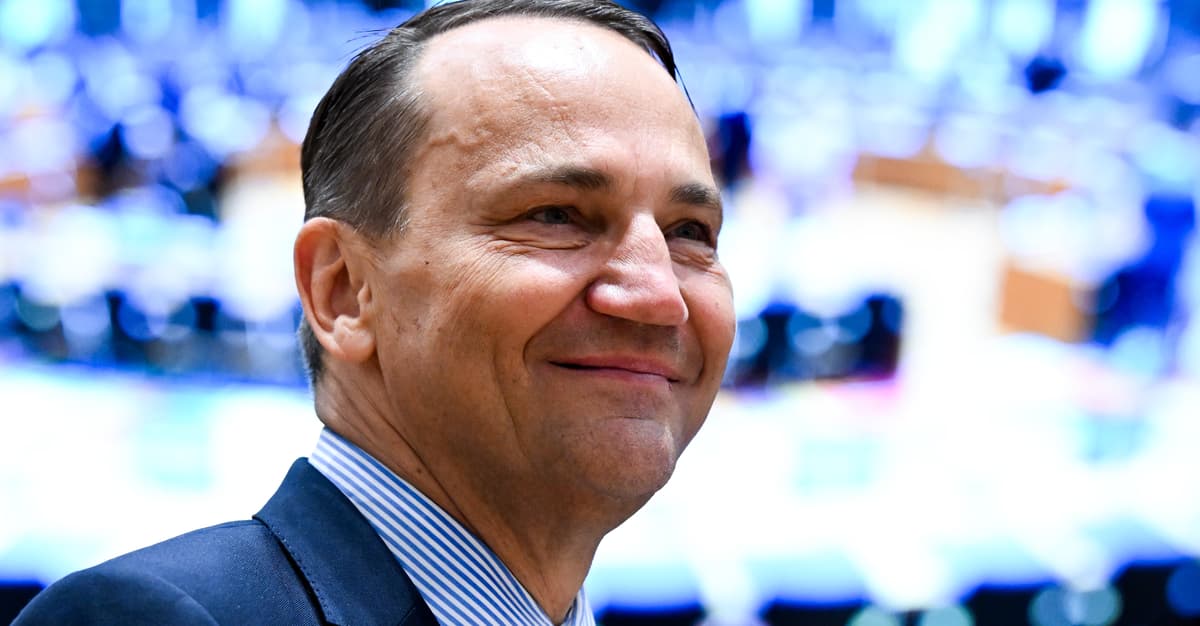According to Dodik, the UN's adoption of a resolution on genocide in Srebrenica will mark the end of Bosnia and Herzegovina. The UN General Assembly will begin work on this paper on Thursday. On the same day, the Government of the Republic of Serbia, an autonomous part of Bosnia and Herzegovina, will hold an distant gathering in Srebrenica. During these meetings, Dodika's cabinet plans to make a "peaceful solution for Bosnia and Herzegovina".
Emir Suljagić, the manager of the Srebrenica-Potočari Memorial Center, reported on Wednesday that tension in Srebrenica had increased after the president's decision to organise an distant gathering of the Serbian Government there. He described the city streets as full of police and another peculiar forces officers.
In July 1995, Bosnian Serbs, commanded by the convicted in The Hague for the genocide of General Ratek Mladić, murdered over 8,000 Muslim residents of Bosnia, who took refuge in Srebrenica and its surroundings. The Serbs entered the enclave, which had the position of a UN safety zone, while carrying out many rapes against women and children.
After the war in Bosnia ended, the country was divided into 2 main parts, and Srebrenica was on the Serbian side.
https://x.com/NationalIndNews/status/1793266991028625505
Never Forget Genocide
The UN resolution is to establish, among others, on 11 July the global Day of Memory of Genocide, condemn the negation of genocide in Srebrenica as a historical event and the glorification of its perpetrators. The paper is actively opposed by the Serbian authorities and Serbian politicians from Bosnia and Herzegovina.
There were besides protests in Montenegro. In Podgorica, groups of Serbian and pro-Russian organizations gathered in front of the government headquarters. Protesters call on Prime Minister Milojko Spajić to hold his support for the UN resolution and announce that if the government supports the resolution, they will organise further meetings.
The Government of Montenegro sent 2 amendments to this resolution in early May. The first states that the guilt for genocide is individual and cannot be attributed to any group or cultural or spiritual community. The second amendment concerns the inviolability of the Dayton Peace Agreement, which ended the war in Bosnia and Herzegovina between 1992 and 19995, and the majority of the Serbian autonomous part, the Republic of Serbia, was recognised.

